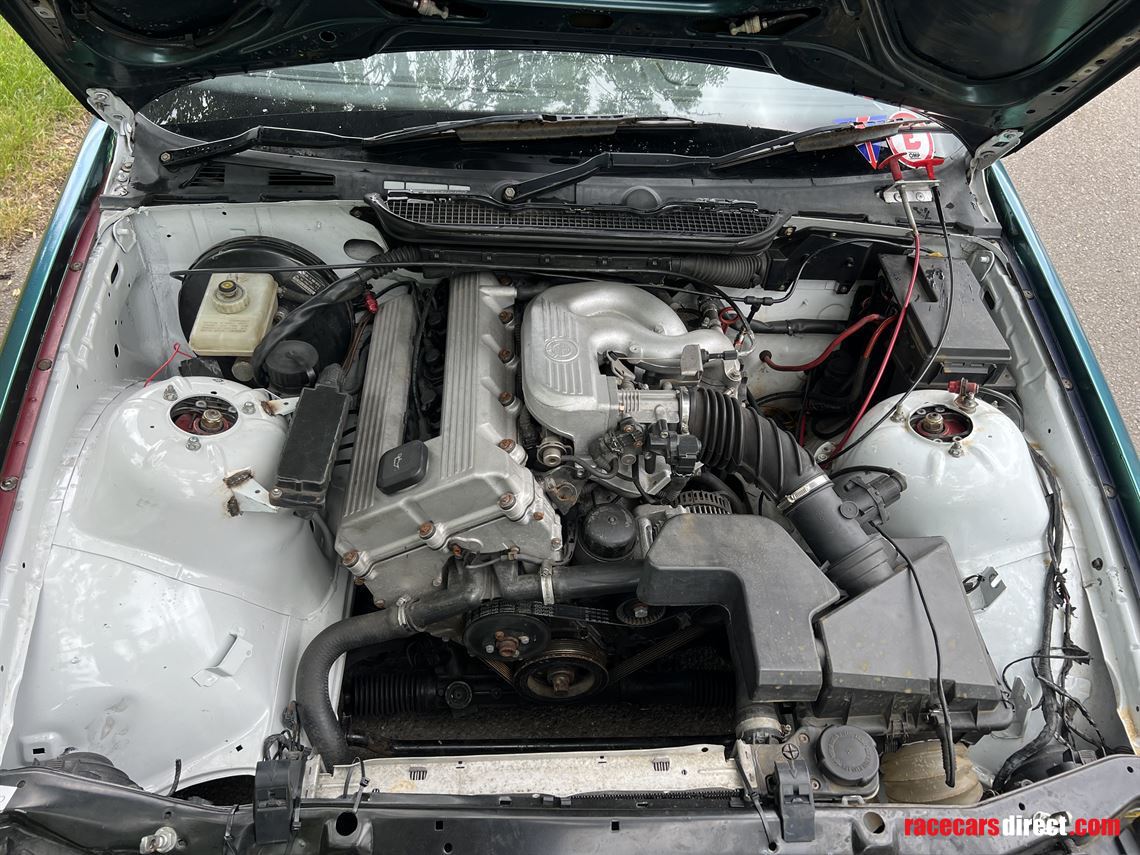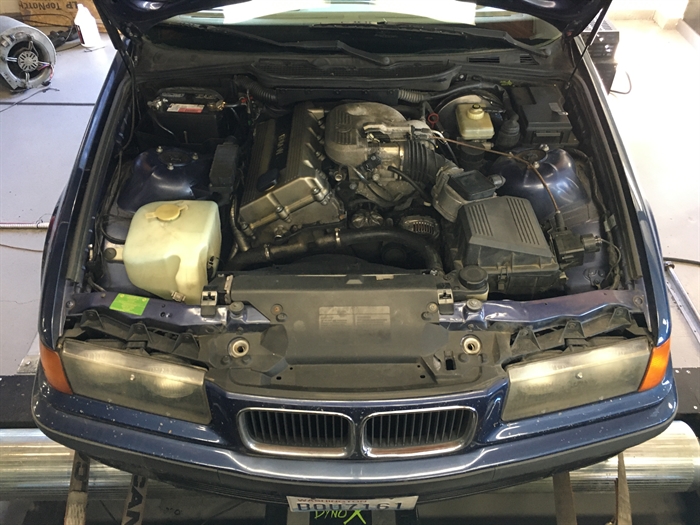Trick Features to Try To Find When Acquiring an Engine for Automotive Applications
When taking into consideration the purchase of an engine for auto applications, a number of vital features call for mindful examination to ensure ideal efficiency and functionality. From power and performance abilities to sustain longevity, adherence, and efficiency to discharges requirements, each aspect plays a critical role in figuring out the engine's viability for details automotive needs.
Power and Performance
When choosing an auto engine, customers prioritize power and performance to guarantee optimal driving experience and performance. The power output of an engine, frequently gauged in horse power (HP) or kilowatts (kW), determines the acceleration, full throttle, and overall capabilities of a vehicle. Higher power rankings normally result in quicker acceleration and far better performance, especially during surpassing or lugging hefty tons. Efficiency, on the various other hand, incorporates a more comprehensive range of features, consisting of gas effectiveness, discharges, integrity, and total driving characteristics. A well-performing engine not only supplies power successfully yet also operates smoothly across different rate varieties and driving conditions.
Furthermore, variables such as engine turbocharging, hybrid, and displacement modern technologies play considerable roles in enhancing both power and efficiency degrees. Eventually, selecting an engine that provides a powerful mix of power and performance makes sure a satisfying and effective driving experience.
Fuel Effectiveness
Enhancing fuel effectiveness is an extremely important factor to consider for customers when examining auto engine alternatives. The efficiency of an engine straight impacts operating expense and environmental impact. One crucial element affecting fuel effectiveness is the engine's layout and innovation. Modern engines with features like straight gas injection, turbocharging, and variable valve timing can substantially improve gas performance by improving burning processes and lowering energy loss. Furthermore, the total weight of the engine and automobile, along with the aerodynamics, play crucial roles in determining fuel consumption.

Toughness and Dependability
Achieving resilient performance and reliable procedure is vital for customers assessing the durability and dependability of automotive engines. When thinking about an engine for automotive applications, sturdiness describes the engine's ability to hold up against wear, tension, and rough operating conditions over a prolonged duration. Dependability, on the other hand, suggests that the engine can consistently perform its designated feature without unexpected malfunctions or failings.
Customers should try to find engines created with top quality materials and specific engineering to guarantee longevity. Parts such as bearings, crankshafts, and pistons should be resilient to manage the engine's power result without early wear. Additionally, engines geared up with sophisticated air conditioning systems, efficient lubrication, and durable purification devices often tend to show greater degrees of integrity.
Normal upkeep and adherence to supplier referrals are additionally crucial factors in preserving an engine's resilience and reliability. By following maintenance schedules, using recommended liquids, and addressing any issues promptly, consumers can maximize the lifespan and efficiency of their vehicle engines. Eventually, prioritizing resilience and reliability in engine selection web link can bring about a more satisfying ownership experience with less unanticipated disruptions.
Discharges Compliance
Making certain compliance with exhausts laws is an essential facet of reviewing auto engines for eco mindful customers. With raising worries about air top quality and ecological impact, rigorous exhausts standards have actually been established around the world to decrease hazardous toxins released into the atmosphere. When buying an engine for automotive applications, it is crucial to consider its discharges conformity to reduce the carbon impact and stick to lawful requirements.
Modern engines are outfitted with advanced exhaust control innovations such as catalytic converters, exhaust gas recirculation (EGR) systems, and discerning catalytic reduction (SCR) to lower hazardous exhaust gases like nitrogen oxides (NOx), carbon monoxide gas (CO), and hydrocarbons (HC) These systems play a critical role in making sure that the engine meets the specified exhausts standards and runs within permissible limitations.

Cost-effectiveness
When taking into consideration automobile engine purchases, examining cost-effectiveness is extremely important for customers looking for both efficiency and value. Cost-effectiveness in engine acquisition includes greater than just the preliminary acquisition rate. It incorporates the total expenditures related to maintenance, fuel usage, and prospective repair services over the engine's life-span. Deciding for an engine that supplies an equilibrium in between upfront expenses and long-lasting cost savings can result in substantial advantages for the customer.
One key aspect of cost-effectiveness is gas performance. Engines that are created to maximize gas economic climate can result in significant financial savings in time, especially for individuals who drive regularly or over fars away. In addition, thinking about the availability and price of spare components and servicing can add to the general cost-effectiveness of an engine. Guaranteeing that repair and maintenance are easily accessible and reasonable can protect against unforeseen economic concerns down the line.

Final Thought
Finally, when purchasing an engine for automobile applications, it is vital to take into consideration key features such as power and performance, fuel efficiency, dependability and resilience, emissions compliance, and cost-effectiveness. These factors are important in guaranteeing that the engine satisfies the requirements of the vehicle and operates effectively in numerous driving problems - bmw 318ti. Making a notified decision based on these criteria will inevitably bring about a effective and effective auto engine acquisition
From power and performance capabilities to sustain performance, resilience, and adherence to exhausts requirements, each aspect plays a crucial duty in identifying the engine's suitability for specific automotive needs. Engines designed to run on alternative gas such as electrical power, hybrid systems, or biofuels can use better gas economy and reduced exhausts compared to Check This Out conventional fuel or diesel engines. Consumers need to meticulously take into consideration the gas efficiency ratings and technologies incorporated into automotive engines to make informed purchasing choices that line up with their top priorities for expense savings and sustainability.
When taking into consideration an engine for automotive applications, toughness refers to the engine's ability to withstand wear, anxiety, and harsh operating conditions over an extended duration.In final thought, when acquiring an engine for vehicle applications, it is crucial to consider essential features such as power and efficiency, gas performance, longevity and reliability, discharges compliance, and cost-effectiveness.